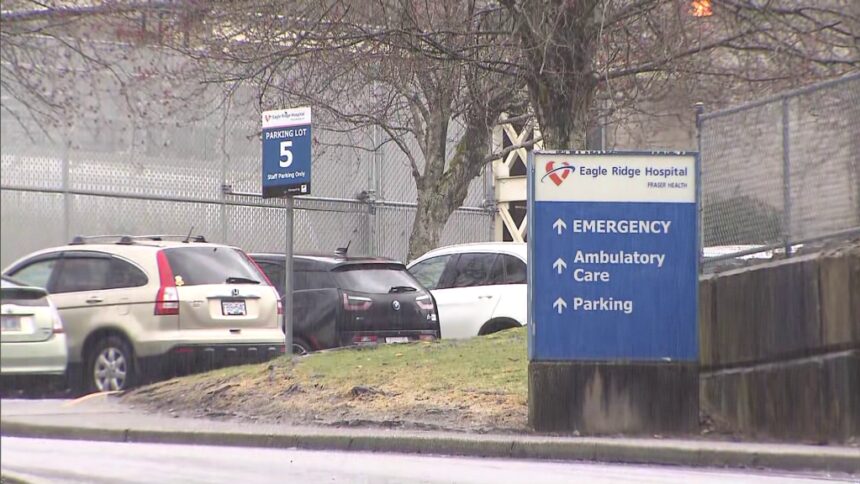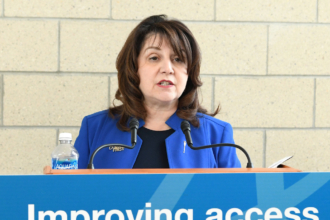The British Columbia Nurses Union has stepped forward to voice support for an emergency room physician who filed a lawsuit against Fraser Health Authority last week, highlighting what many healthcare professionals describe as a “breaking point” in the province’s healthcare system.
Dr. Sean Patrick, an emergency medicine specialist with over 15 years of experience, alleges in his lawsuit that Fraser Health consistently ignored his warnings about dangerous understaffing levels at Surrey Memorial Hospital, eventually leading to what he calls “preventable patient deaths” and his own mental health deterioration.
“When healthcare professionals raise alarms about patient safety, those concerns deserve immediate attention,” said Aman Grewal, president of the BC Nurses Union, in an exclusive interview with CO24. “Our nurses have been documenting similar systemic issues for years. This lawsuit brings to light what frontline workers experience daily.”
The lawsuit, filed in the BC Supreme Court, claims that Dr. Patrick made over 30 formal complaints regarding critical staffing shortages between 2022 and 2025. According to court documents, the hospital’s emergency department was operating at approximately 65% of recommended staffing levels during peak hours, while patient volumes increased by nearly 40% in the same period.
Fraser Health Authority has issued a brief statement indicating they are “reviewing the allegations” but cannot comment on matters before the courts. However, internal documents obtained by CO24 News reveal that senior administration was aware of staffing concerns as early as January 2023, when an internal assessment flagged “critical vulnerability” in emergency services.
The BCNU’s support adds significant weight to the lawsuit, as the union represents over 48,000 nurses across the province. Their intervention comes at a time when healthcare worker burnout has reached unprecedented levels, with a recent survey showing 68% of BC nurses reporting symptoms of severe occupational stress and 41% actively considering leaving the profession.
“This isn’t just about one doctor or one hospital,” explained healthcare policy analyst Dr. Maya Wilson from the University of British Columbia. “We’re witnessing the consequences of years of underfunding and poor resource allocation throughout the Canadian healthcare system.”
For patients like Vancouver resident Sarah Lau, who waited 11 hours at Surrey Memorial’s emergency department with her elderly father before receiving care last month, the lawsuit validates her experience. “The nurses and doctors were clearly overworked, running between too many patients. You could see the exhaustion on their faces.”
The Ministry of Health has promised a “comprehensive review” of emergency department resources across the province, but critics question whether this will translate to meaningful action. The BCNU is calling for immediate funding increases, mandatory minimum staffing ratios, and enhanced mental health support for healthcare workers.
As this legal battle unfolds, it raises crucial questions about accountability in our healthcare system. When frontline professionals warn of dangerous conditions, who bears responsibility when those warnings go unheeded? And what will it take for meaningful reform to protect both patients and the healthcare workers who serve them?










